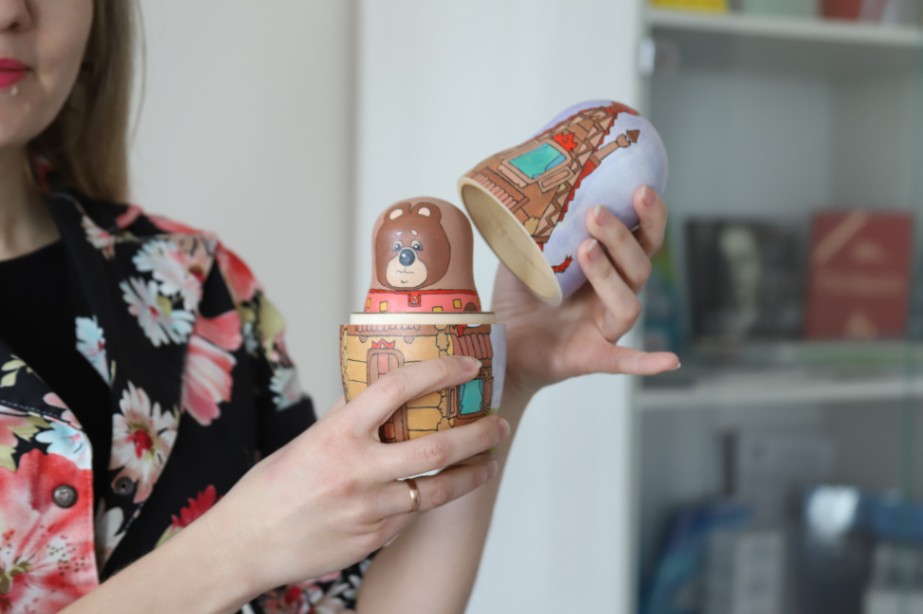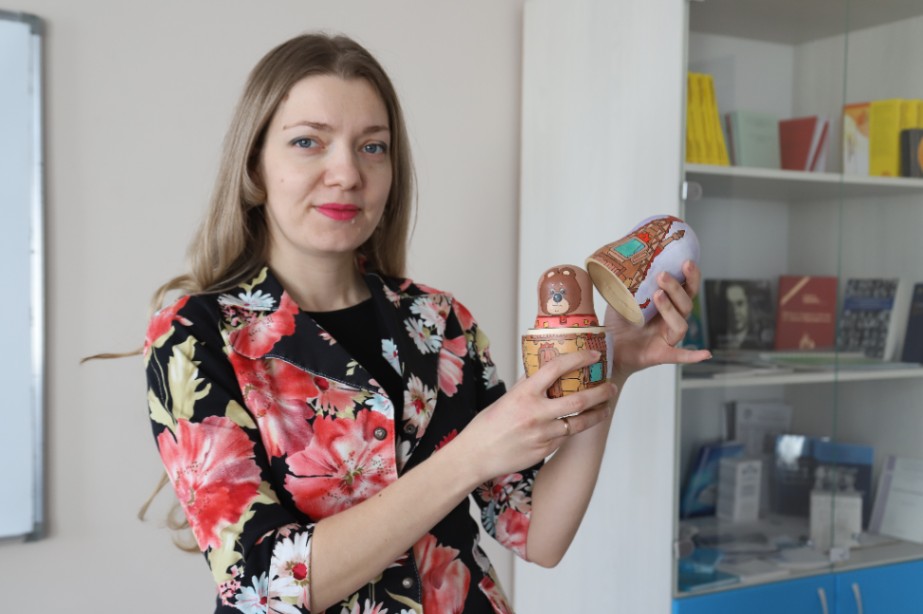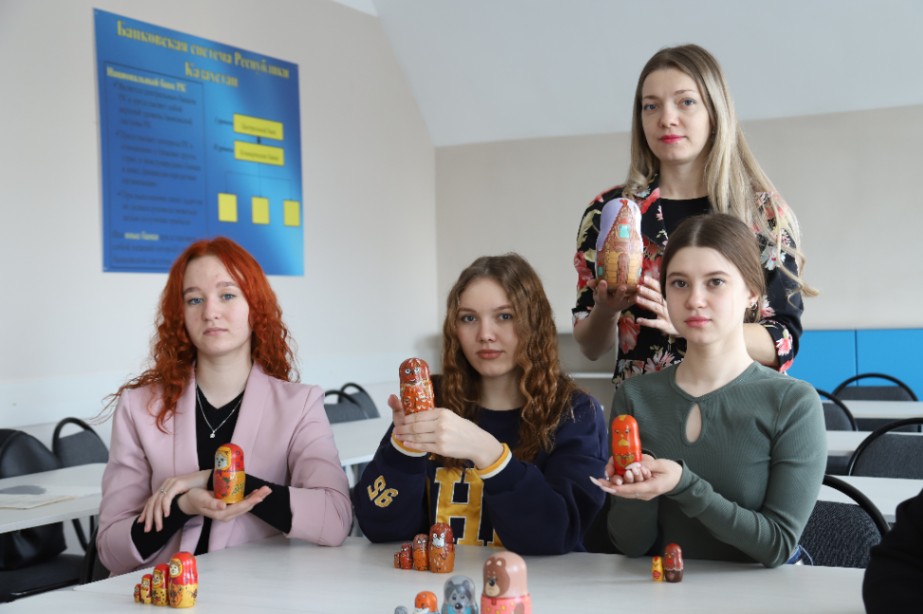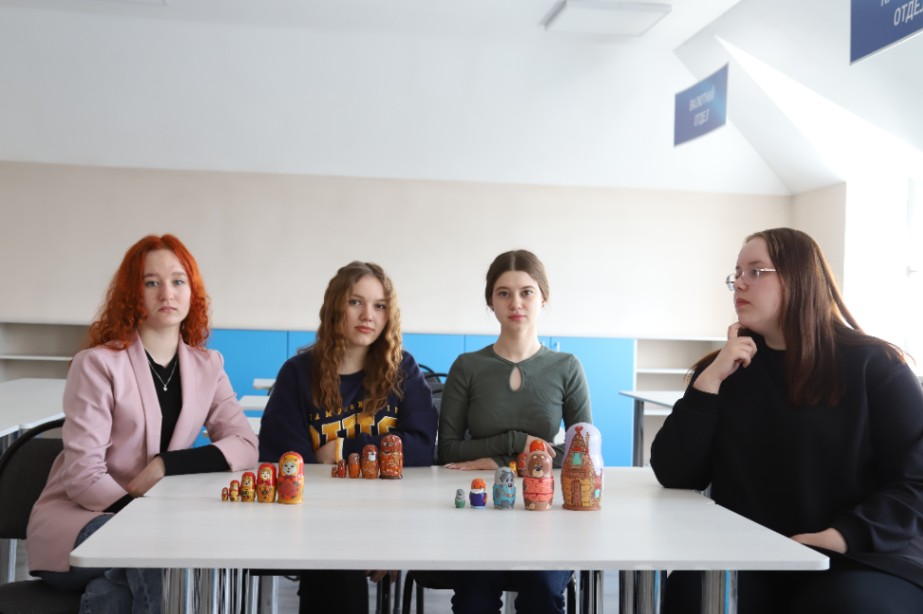“Once upon a time there were philologists…”, or how students study fairy tales
On March 9, 2023, at the Kazakh-American Free University, students of the EP “Russian Language and Literature”, within the discipline “Russian Folk Art”, became participants in the master class of the teacher of the Department of Pedagogy and Psychology – Lidiya Misevra, “A Parade of Effective Methods and Techniques in the Study of Folklore Tales.”
As part of the lesson, an intellectual quiz was held on the knowledge of Russian folk tales with their classification. The study and analysis of fairy tales was carried out according to the method of the well-known researcher of fairy tales V.Ya. Propp, who studied the fairy tales of the peoples of the world, analyzed hundreds of plots and identified 31 permanent functions, without which not a single fairy-tale work can do. It is not necessary that all of them will be present in the fairy tale together, sometimes their sequence is violated, but the idea, the content of the fairy tale is not changed. When studying fairy tales using this method, students were offered maps with a description of a number of permanent functions, based on which it was necessary to analyze fairy tales.
At the second stage, students already composed their own fairy tales with the help of “magic cards”.
The results of the work of the arts and crafts group “Skillful Hands” were integrated into the lesson. Tatyana Levina created a collection of nesting dolls based on fairy tales. Students were offered creative methods, game situations for modeling fairy tales with familiar characters in new circumstances, “twisting a fairy tale” or “a familiar fairy tale in a new way.”
The non-standard teaching methods used in the lesson allowed not only to perceive the content in an original, unusual way, in their own way, but to creatively transform the course of the studied material. The acquired practical skills will allow students to introduce such a system of classes in their further practical activities – their work as a teacher.
Department of Pedagogy and Psychology




